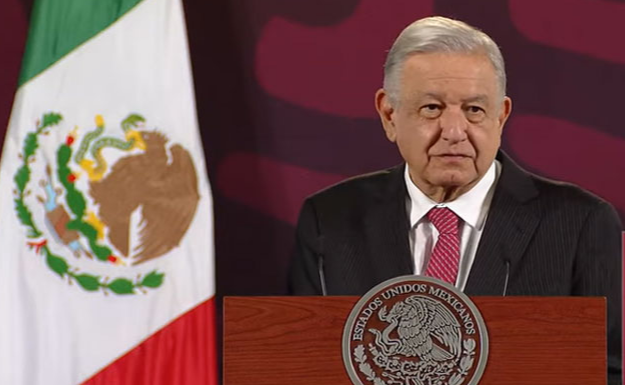Latin Press
The president of Mexico, Andrés Manuel López Obrador, accused, when recalling proposals from his American counterpart, Joe Biden, on migration, that the United States blockade of Cuba is pure ideological and political burden.
What will happen if they lift the blockade on Cuba? he asked himself in his morning press conference at the National Palace. Well, nothing, they say it’s terrorism, but there’s nothing like that. It is pure ideological load and politicking.
What happens, he said, is that Cuban politicians are installed in that country who have taken advantage of that inhumane medieval policy.
There are 4 or 5 million Cubans in the United States, but there are more than 40 million Mexicans. However, Cubans have deputies, senators, people involved in all governments, they have great influence there.
Because? he asked himself again. Well, because they take advantage of that confrontation, and they are not interested in things going badly for the Cuban people as long as things go well for them.
But someone has to dare to say that all that is going to change. President Barack Obama wanted to do it and even went to Havana, but then they reversed everything, he recalled.
In that sense, he referred to point five and the programs for migrants to enter the United States through legal channels and eliminate uncontrolled migrations and described it as a good program that the State Department should generalize to all its embassies in America. Latin America and the Caribbean, including Havana.
He expressed that since it was implemented, 400 thousand Latin Americans and Caribbean people have already entered the neighboring country legally without risk to their lives, and thus satisfies a reality of the United States, which is its need for labor.
López Obrador once again severely criticized the closure of borders and the construction of walls, an outrage for a country that has 3,800 kilometers of border with Mexico, and that also does not solve anything.
He gave as an example the large number of tunnels, many of them discovered, to cross to the other side of the Rio Grande.

